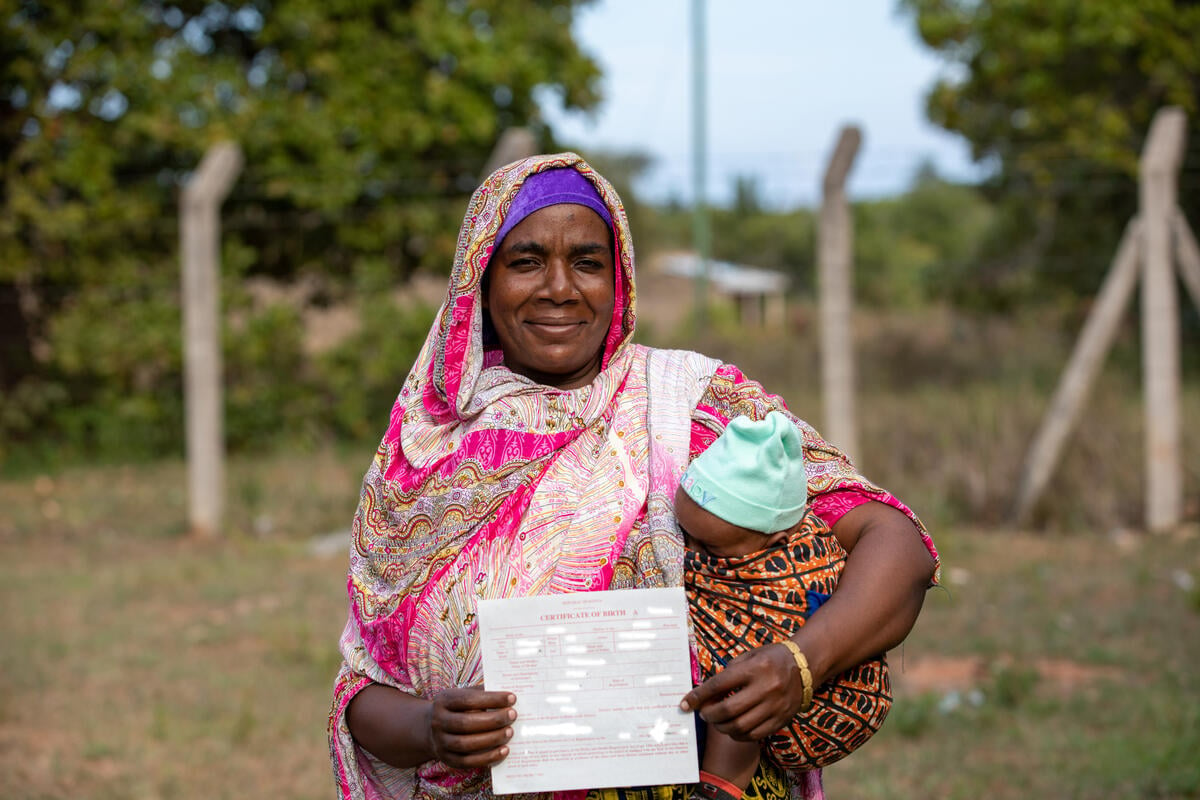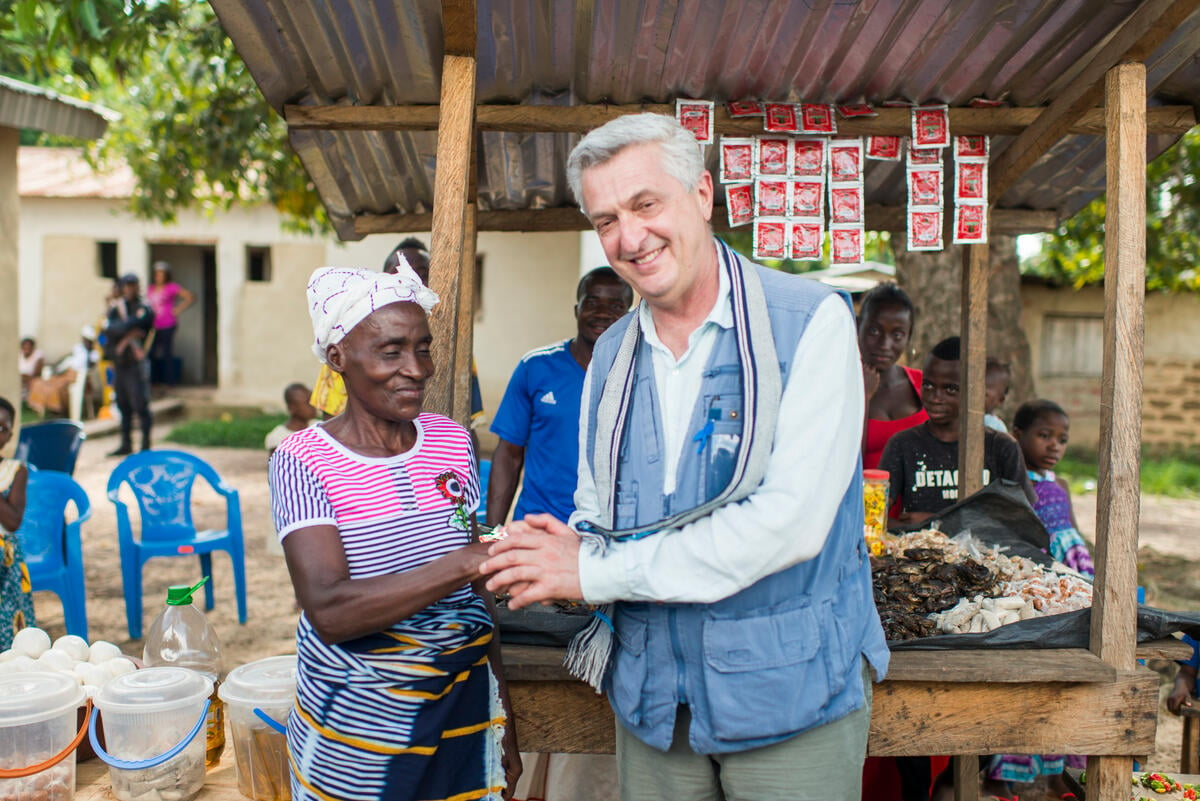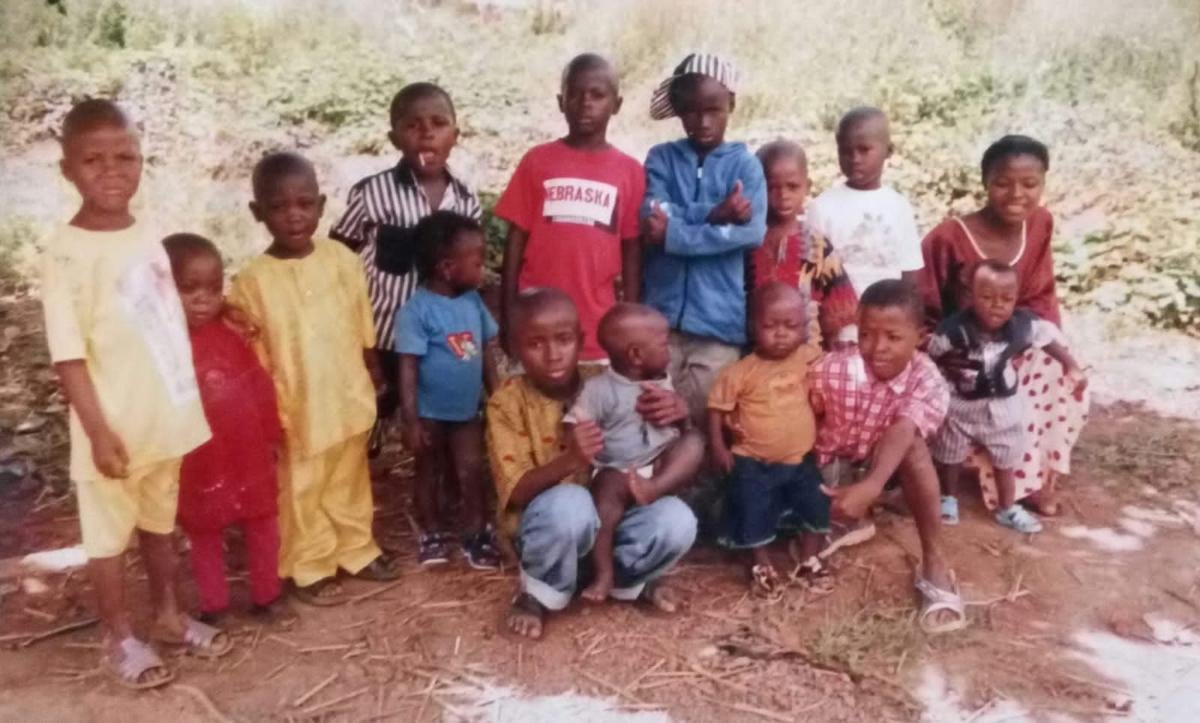Liberian refugees hope election result will usher in new era
Liberian refugees hope election result will usher in new era

MONROVIA, Liberia, November 23, (UNHCR) - Elizabeth Weah, now 20 years old, was orphaned two years ago in Voinjama, Lofa County by mortar shells that killed her parents, destroyed her home, and left her face badly disfigured. But, despite all this, the shells did not wipe out her desire to live in Liberia.
Almost two years after her life was so tragically turned upside down, Elizabeth - who is currently living as a refugee in Nigeria - said her hopes of returning home hinge on the peaceful outcome of the November 8 presidential election run-off. The final results were announced on Wednesday, November 23, by the National Elections Commission, with Ellen Johnson-Sirleaf elected as Africa's first woman President with a comfortable 59.4 percent of the vote.
Despite sharing the same family name as Johnson-Sirleaf's rival in the run-off - the former football star, George Weah - Elizabeth did not particularly care which of them won, so long as the country remained peaceful in the aftermath of the election and the winner does a good job running a country that has spent much of the past 15 years in a state of utter turmoil.
"We are looking up to our fellow Liberians to choose the right leader to enable us to go back home soon. We are tired of being refugees," Elizabeth said during an interview before the final result of the election was known.
Living in Oru refugee camp in Ogun States, Nigeria, Elizabeth Weah is making plans for the future she hopes will emerge. She is painfully conscious of her disfigured face. "I am not optimistic of ever finding a husband, but I am sure that I can survive by going back to school to complete my education and find a good job," she said.
"It was through the mercy of a health NGO that I am alive today," she adds, recalling the blast on that fateful afternoon in her hometown in Voinjama. After receiving life-saving medical treatment, Elizabeth fled to Nigeria along with some friends, and has since harboured dreams of returning home to find other survivors among her relatives and friends.
There are nearly 230,000 Liberian refugees scattered all over West Africa who are fervently hoping that the new government will create conditions that will make it possible for them to return to rebuild their lives and nation. Like so many other Liberian refugees in West Africa - and beyond - Elizabeth has been following the political process in Liberia very closely, including its first post-war elections, and is now waiting to bid farewell to her years in exile.
"A peaceful election augurs well for a progressive return to peace and stability, and ultimately the voluntary repatriation of Liberian refugees from the region," observed UNHCR's Representative in Liberia, Mengesha Kebede. He maintains that every Liberian displaced by the conflict must be given of the opportunity to return home if they want to.
UNHCR and partners are currently involved in preparations to accelerate the repatriation process, taking advantage of the better road conditions during the dry season which lasts from November to June. But the success of the repatriation depends less on logistics, than on long-term development programmes to sustain Liberia's recovery.
UNHCR's effectiveness in conveying recovery initiatives to the refugee community through its mass information activities will also play a part in helping people to decide if the time is now right.
Sekou Dukuly returned in early 2005 to Elizabeth Weah's home town of Voinjama from Guinea, where he had spent five years as a refugee. When he learned that UNHCR and other agencies were offering skills training in various disciplines, he returned on one of the UN refugee agency's organized repatriation operations. After a few months as an apprentice at a blacksmith's workshop in Voinjama, he is now a trained blacksmith himself. "Thanks to the UNHCR skills training programme I can now support myself through school, and also help my community," he said.
The UN refugee agency and its partners are preparing to accelerate the repatriation process while continuing to carry out community empowerment projects. This involves efforts to repair shelters, roads, water points, schools and clinics, which in turn, provide much-needed jobs in the communities of the war-torn country.
Returnees are themselves key actors in efforts to restore basic services in communities. Sekou Dukuly, for example, is now using his newly acquired blacksmith skills to produce agriculture tools, cooking utensils and other home accessories. "I am called on to do small jobs here and there in my community and I am happy to come back home to help rebuild Liberia," the former refugee said.
UNHCR began actively helping Liberian refugees to repatriate in October 2004. Since then, a total of 40,576 Liberian refugees have returned home from various countries in the region. In addition, close to 250,000 internally displaced Liberians have returned to their areas of origin under the inter-agency collaborative approach.
Reintegration and reconstruction remain key priorities as more refugees are expected to return to Liberia after the installation of the newly elected government Ellen Johnson-Sirleaf in January 2006, which everyone - including Sekou in Voinjama and Elizabeth who may soon join him there from Nigeria - hopes will usher in an entirely new era.
By Sarah Brownell in Monrovia, Liberia









